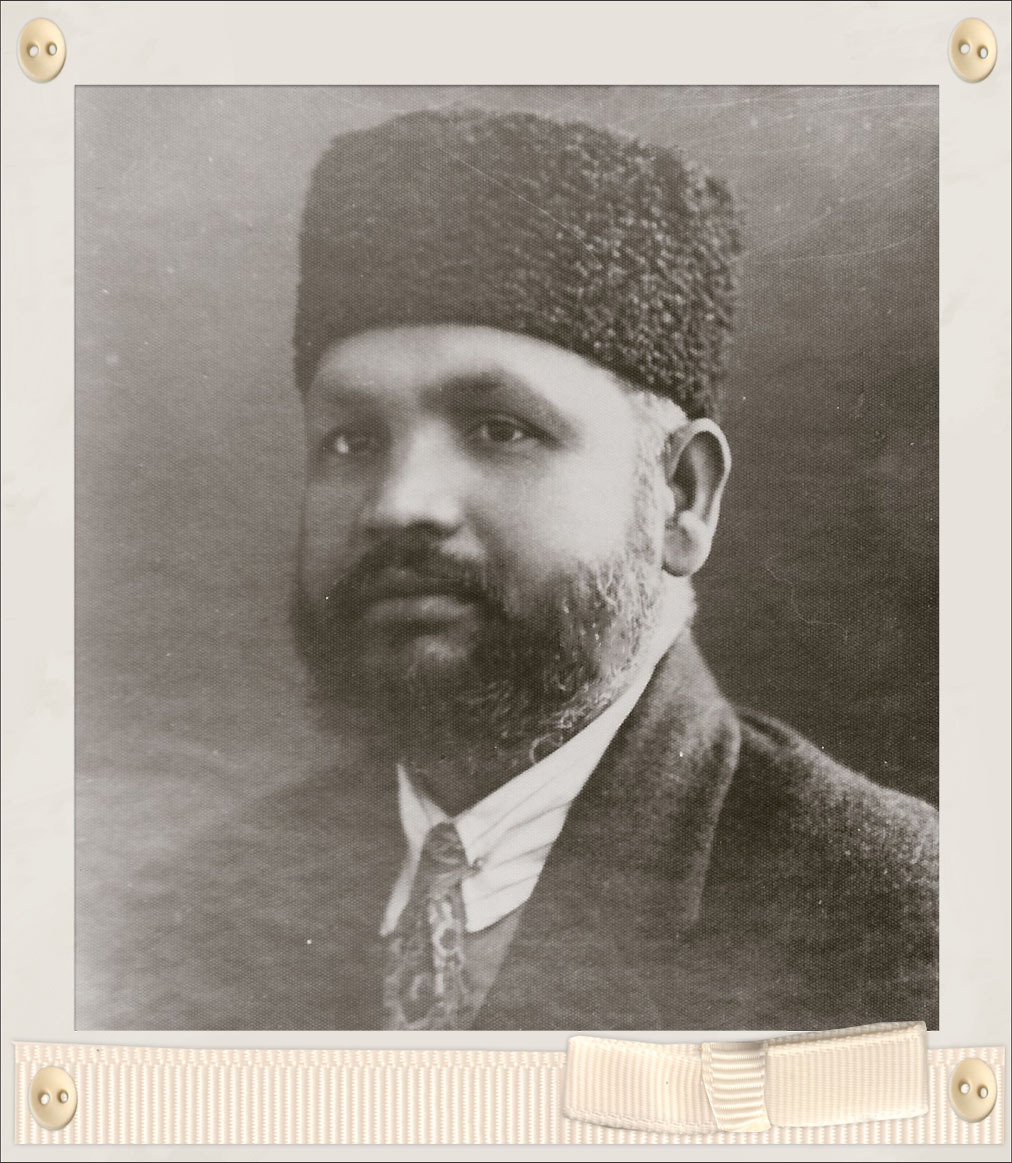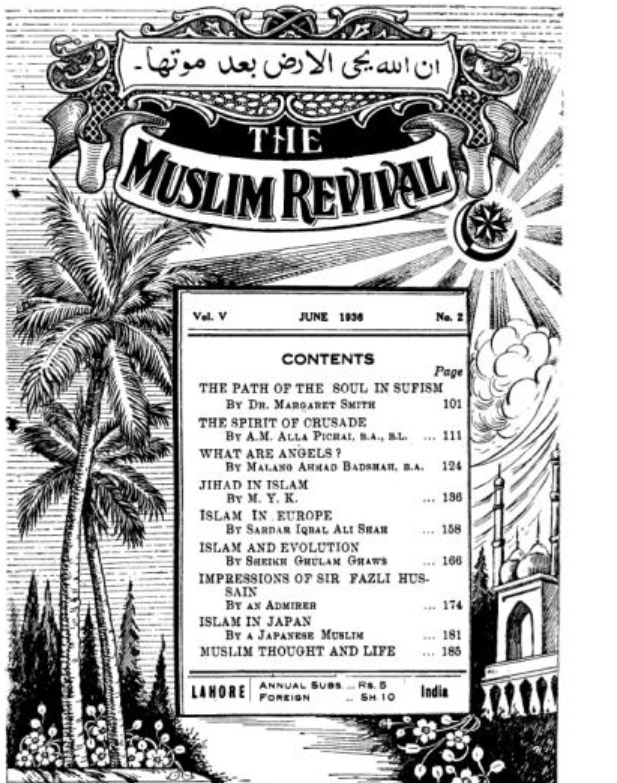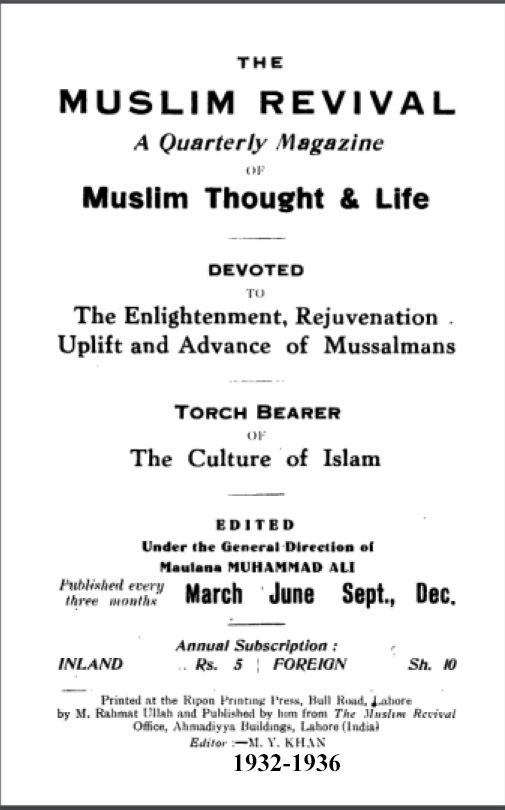WHY ANTI-DOG PREJUDICE?
Sir,
The dog was the first animal to befriend the man. The friendship goes back to times immemorial when man yet lived in caves. The dog, of all the animals that roamed about in those pre-historic times, quietly came up to the mouth of the cave and wagged his tail in token of friendliness. The friendship grew as he found his friendly advances reciprocated by man, who threw to him the leftovers of his food. Gradually, the dog was domesticated and trained to help his master in hunting, which was his main source of food. He even became man’s trusted ally in the battle of self-defence, which he had to put up against the wild animals of the wood. Coming down to historical times we find the dog standing side by side with man, playing the role of a faithful friend both in peace and war. The dog’s fidelity in friendship towards his master has all along been so strong that it has become proverbial. The literature of all nations is full of the stories of the dog’s faithfulness to his master. In modern times, the dog is doing wonders in helping the police in tracing crime. It sounds very unkind and ungrateful that such an ancient and faithful and helpful friend of man has been stigmatised in Islam as unclean, something to be despised and shunned. The common belief goes among Muslims that a house which has a dog in it becomes so accursed that God’s angels do not enter it. This belief is said to be based on a Hadith. I fail to understand this senseless prejudice of Muslims against dogs. There is nothing unclean about them. The people of the West who are by no means less refined in tastes than we are see nothing unclean in the dog. There is hardly a house which does not have a dog for a pet, on whom great care and affection is lavished. Again, if the dog were really so bad as the common belief among Muslims depicts it to be, there should have been something in the Quran against him. But there is not a word there condemning the dog. On the other hand, we find the dog figure in the Quran in such good company as the Ashab-i-Kahf. If it really were such an abomination to touch a dog as the Muslim belief puts it, these holy men, held up by Quran as models of Godliness would not have adopted the dog for a companion. If there is anything in the Hadith which goes against the dog, it is possible it might be about some dirty street dogs, carrying germs of infection. To generalise from the particular conditions and issue a universal taboo against all the dogs of the world certainly does not conform to the general spirit of the teachings of Islam which puts high value on kindness to animals.
Will you, Mr. Editor, or some of your readers throw light on the genesis of this anti-dog prejudice among Muslims, which, for no rhyme or reason, condemns such a faithful friend and helpmate of man to such a cruel doom as not even to be touched? What does the Shariah say on this subject?
Mubarik Ali Shah Quraishi
Shorkot.
The Reply:
It seems the Hadith about the antipathy between the angel and the dog, if it is at all an authentic one, has been misunderstood. Another Hadith tells a different story. According to this Hadith a woman of ill-repute, on a very hot day in a deserted place, found a dog panting for thirst. She improvised a rope and a bucket, drew water from a well, and gave a drink to this thirsty dog.
When this incident was reported to the Prophet ﷺ he remarked that this one act of kindness alone had earned her Paradise.
The Quran also leaves one with a different impression of the dog. Under the category of foods which are lawful to eat, it mentions the meat of the game hunted by dogs. This shows that according to the Quran, dogs may not only be kept but even trained for bunting purposes. The mistake seems to have arisen from taking the Hadith about the dog and the angel in the literal sense, although it was meant only figuratively. The dog symbolises greed. In Arabic when they want to say that a person is greedy, he is likened to a dog, as in the expression ahrasu min-al Kelb (greedier than the dog).
The Quran also likens those who are always after worldly things to the neglect of things of the spirit to the dog who would keep his tongue lolling whether driven away or left alone. This lack of content of a greedy mind, as highlighted in the dog, says the Quran, is the parable of the man of no faith who is always hankering after worldly things. The idea in the parable of the dog’s insatiable greed is to drive home the fact that real peace of mind comes through faith in and remembrance of God. This imagery symbolising greed in dogs is also met with the well-known saying among the mystics in Islam that this world is like carrion and those who are after it are like dogs. Taken in this figurative sense, the Hadith about the dog and the angel (if any) becomes perfectly intelligible. It amounts to saying that so long as man’s heart is the abode of greed, it remains closed to angels of God’s mercy. And this underlines a profound spiritual truth. Greed and peace of mind cannot dwell in the same bosom. A man who makes the pursuit of things of this life the ruling passion of his life loses all peace of mind, which is born only of making God the mainstay of life, as emphatically declared in the Quranic verse:
ألا بذكر اللَّه تطمئن القلوب
”Of a certainty, the remembrance of God alone brings peace of mind”.
M.Y.K
(The Light – Augest1, 1964)




